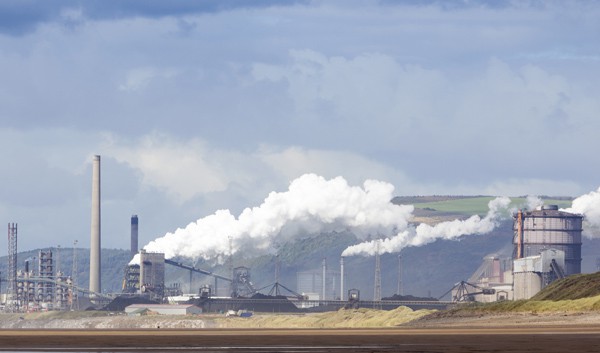
The view that an opportunity could emerge from the difficulties facing the plant came today (7 April) from Julian Allwood, Professor of Engineering and Environment at the University of Cambridge.
Capacity
Last month, letsrecycle.com reported on Professor Allwood’s address to an international car recycling conference in Berlin (see letsrecycle.com story), where he noted that in terms of global steel production, “we already have all the primary production capacity we will ever need”.
Now the professor’s remarks have taken on a new dimension in the wake of Tata Steel’s proposed divestment of its UK steel business, notably the integrated steel producing plant at Port Talbot which produces steel in the traditional primary way.
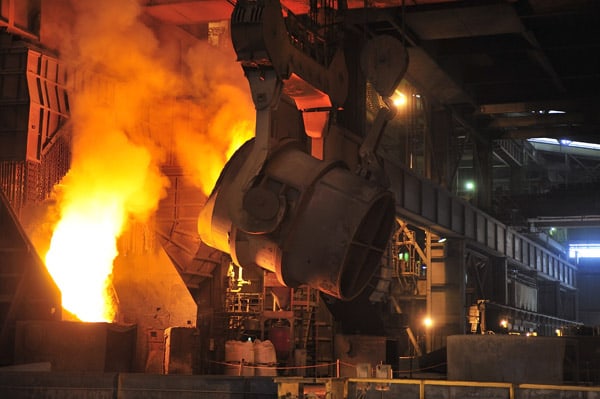
A sale of the mill is being discussed although closure is an option. One potential buyer is Sanjiv Gupta’s Liberty Group, which favours the development of an electric arc furnace at Port Talbot – and Mr Gupta is a former student of Cambridge University where he studied economics.
Tata’s Port Talbot plant makes steel largely from iron ore, coke and limestone. In contrast an electric arc furnace makes ‘new’ steel primarily from melting scrap steel.
Enough
Speaking to letsrecycle.com today, Professor Allwood said: “We have enough pig iron capacity now and forever. While world demand is paused now, it will grow again but there is enough material in the recycling side to meet this future demand.”
He explained that overall “the stock of steel from the last 40 years is still around” and much of this would become available for recycling.
Professor Allwood continued: “The electric arc furnace is better placed for future steel production and there is an opportunity for UK leadership in this area. In the past steel scrap has generally been used to make reinforcing bar. No country or company has yet grasped the bullet in taking the lead on high quality steel recycling.”
The opportunity, he emphasised, is around producing purer steel from ferrous scrap rather than just making more basic reinforcing bar which is normally used in construction products. Instead, by producing purer steel, “We could become world leaders in a technology in a material that would grow in demand.”
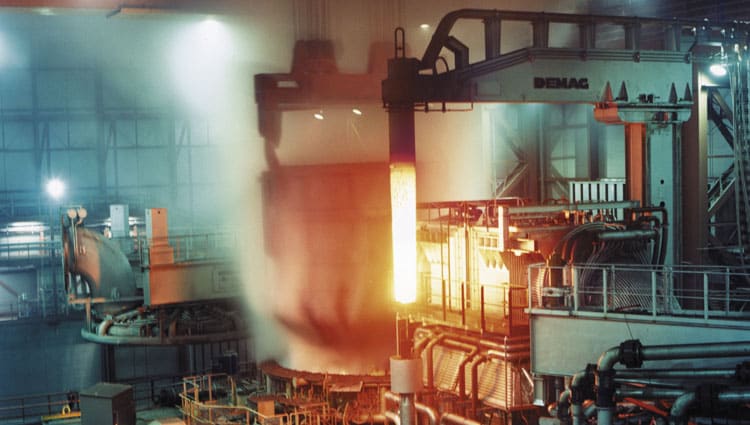
The professor reasons that a key factor in the success of electric arc furnaces would be for the furnaces to produce higher quality steels than can be the case now.
This is because the scrap metal used in electric arc furnaces is recycled. Consequently it can contain copper and other non-ferrous materials which means that the final product may have more limited, lower grade steel uses.
Intead, Professor Allwood has called for investment by the metals recycling and end of life vehicle sector in methods to produce higher quality steel scrap, extracting more copper and contrary materials in the metal recycling process.
However, this would increase costs for metal recyclers.
Low residual
One senior metals recycling industry figure told letsrecycle.com: “The metals recycling industry already aims for low residual material. But, what can be achieved will also centre around what is commercially viable for the industry.
“Certainly, if there was an electric arc furnace at Port Talbot there would be a ready supply of material available in the UK, currently about 80% of more than 10 million tonnes of scrap collected is exported.”
In terms of quality, the metals recycling expert said that the move for quality has been led by Nucor in the United States where there is an issue about copper content in ferrous scrap. Nucor is a metal recycler and steel producer via the electric arc route.
|
Metals Recycling Event: 13 & 14 July, Donington Park |
He continued: “In the UK our recognised grades look for low amounts of copper which is why there are references to low residuals. Yes reducing copper even more can be done – the equipment is out there. The problem can be that there will be an extra cost and the concerns have been that one minute buyers will pay one prices and the next minute the price tumbles or demand almost halts as we have seen in recent months.”
If the UK were to support development of an electric arc furnace at Port Talbot with subsidies, he added, then it would be logical for the metals recycling sector to be supported with the development of technologies to help produce “purer scrap”.
Approach
The trade association for metal recyclers, BMRA, said that it welcomed efforts to protect the future of the British steel industry. Association chief executive, Robert Fell, said that the electric arc furnace approach “would contrast markedly with the current situation where around 80% of UK scrap steel is exported due to a lack of a domestic market”.






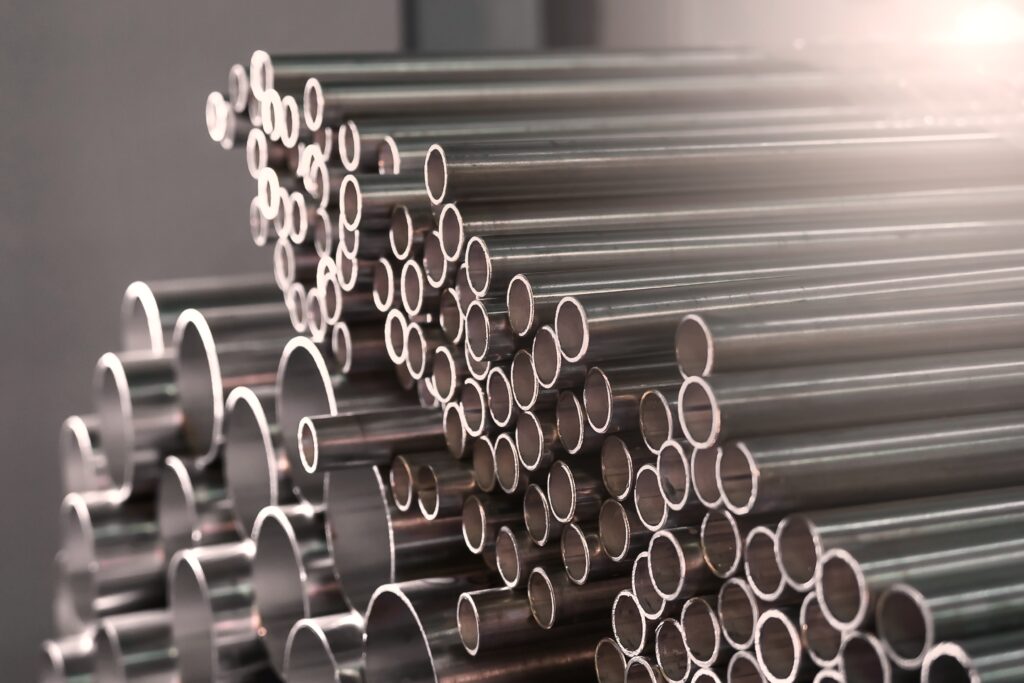
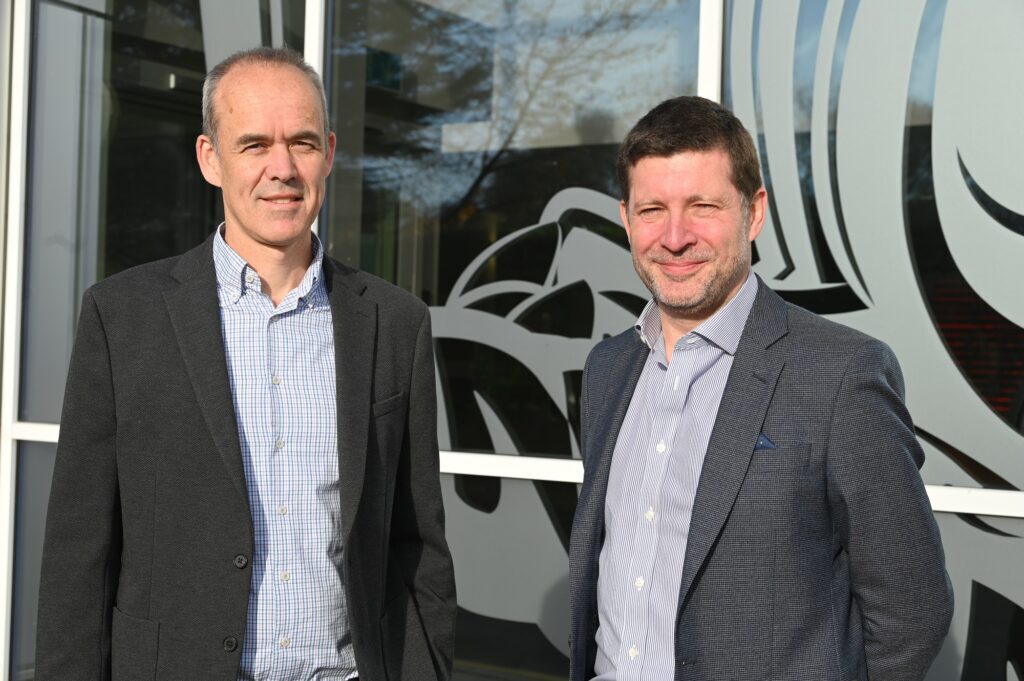

Subscribe for free